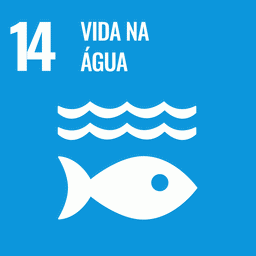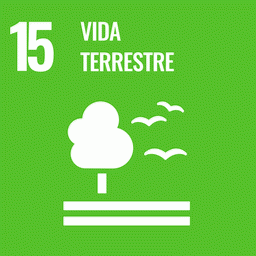Large-scale commercial cropping of soybeans expanded in the tropical Amazon and Cerrado biomes of Brazil after 1990. More recently, cropping intensified from single-cropping of soybeans to double-cropping of soybeans with corn or cotton. Cropland expansion and intensification, and the accompanying use of mineral fertilizers, raise concerns about whether nutrient runoff and impacts to surface waters will be similar to those experienced in commercial cropland regions at temperate latitudes. We quantified water infiltration through soils, water yield, and streamwater chemistry in watersheds draining native tropical forest and single- and double-cropped areas on the level, deep, highly weathered soils where cropland expansion and intensification typically occurs. Although water yield increased four-fold from croplands, streamwater chemistry remained largely unchanged.
Soil characteristics exerted important control over the movement of nitrogen (N) and phosphorus (P) into streams. High soil infiltration rates prevented surface erosion and movement of particulate P, while P fixation in surface soils restricted P movement to deeper soil layers. Nitrogen retention in deep soils, likely by anion exchange, also appeared to limit N leaching and export in streamwater from both single- and double-cropped watersheds that received nitrogen fertilizer. These mechanisms led to lower streamwater P and N concentrations and lower watershed N and P export than would be expected, based on studies from temperate croplands with similar cropping and fertilizer application practices.

